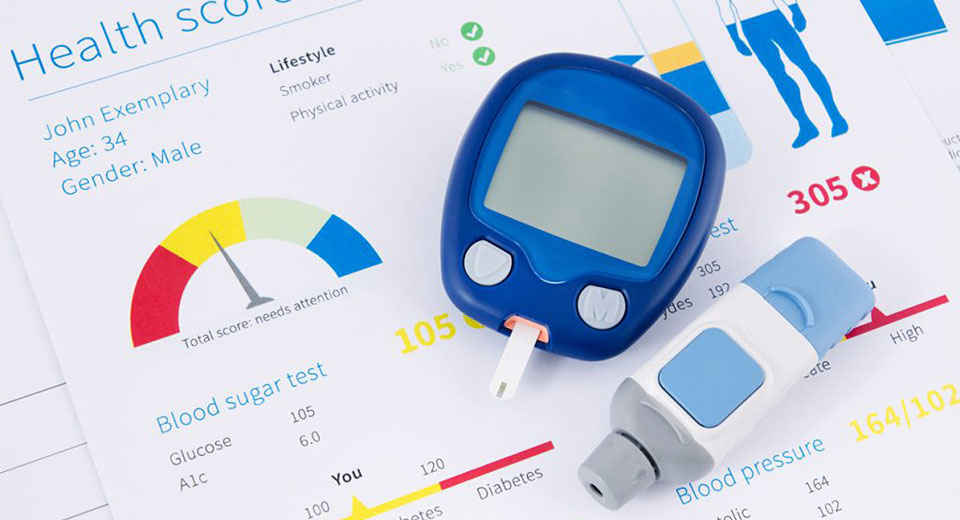A person with borderline diabetes, or prediabetes, has blood sugar levels that are higher than normal but not yet high enough for a diagnosis of type 2 diabetes. It may reduce your life up to 10 years. But the good news is that prediabetes is reversible.
The earlier you recognize the problem, the sooner you can reverse some of the risk factors for the disease, such as overweight or obesity, inactive lifestyle and excessive use of added sugar.
You can protect yourself by paying close attention to a healthy diet and an exercise regimen.
Here are five symptoms of prediabetes you shouldn’t ignore:
Blurry Vision: Prediabetes can negatively impact your vision. When blood sugar levels swing wildly from high to low, it can cause fluid to leak into the lens of your eye. The effect on your eyes is that they swell and change shape, eventually preventing them from focusing properly.
High Blood Pressure: People with high blood pressure have a higher risk of prediabetes because hypertension forces the heart to work harder to circulate blood throughout the body. This makes it more difficult for the body to eliminate excess blood sugar. If you know you have high blood pressure, you should take prevention of prediabetes seriously right away.
Thirst: An increase in thirst, especially after a meal, may indicate prediabetes. Your body has begun to work very hard to eliminate excess glucose in the blood. Dilute the blood and cleanse the untreated sugar through the urine. Then your body will often extract it from the surrounding cells, leaving them dehydrated and causing chronic thirst.
Skin Problems: Prediabetes is known to cause shiny, scaly patches or else dark, velvety patches on the skin, due to increased levels of insulin in the blood. It also begins to compromise blood circulation, which can cause itching in your extremities, especially the legs.
Hunger: Sugar is a fuel source that we need to power our bodies. Insulin produced by the pancreas becomes unable to process glucose effectively. That leaves a lot of sugar floating around the blood, where it cannot be used for energy. As a result, you may feel hungry soon after a meal.
PNN
